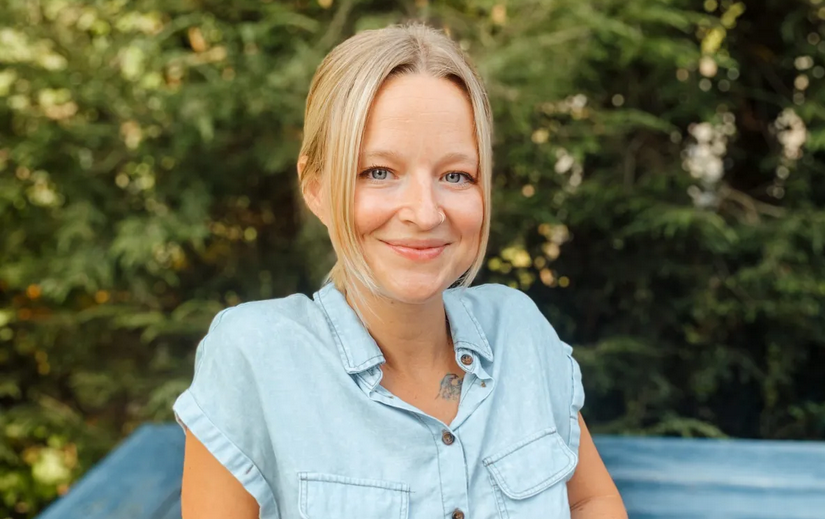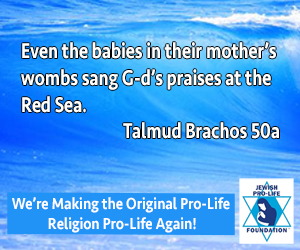Pro-life advocates have been helping parents deal with post-abortion trauma for decades through professional therapy and counseling, retreats, Bible studies, research, story-telling and more.
The grief, trauma and regret affects moms and dads, siblings and grandparents, and it is much more common than abortion activists claim.
But there are some therapists who blame pro-life advocates, not the unborn baby’s death, for negative emotions and mental health problems associated with abortion.
Kelsey Reep, an Asheville, North Carolina therapist who specializes in “abortion support,” believes that “the absence of positive social support” and “stigma” are to blame for negative emotions about abortion, according to North Carolina Health News.
She said she began her practice, Aligyned Counseling, in 2021 after noticing that most post-abortion counseling services were pro-life.
“There weren’t very many options of support from a pro-choice, empowerment perspective out there that I could find in North Carolina and in my area,” she said.
Follow LifeNews on the MeWe social media network for the latest pro-life news free from Facebook’s censorship!
In the interview, Reep insisted that pro-life laws cause more mental harm to women than abortions do.
“I think stressors will increase due to more restrictions and less access to the procedure,” she told the news outlet while reflecting on the repeal of Roe v. Wade. “Based on research, being denied an abortion is worse on mental health than being able to access it.”
Reep should have said “based on some research” because many studies show the opposite. Numerous studies in recent decades have linked abortions to increased risks of suicide, depression, anxiety and other mental health problems. For example, one study in the British Medical Journal found a suicide rate nearly six times higher among women who had abortions compared to women who gave birth.
However, Reep said she tells her clients that there are no mental health risks to abortion.
“Something I try to convey and always reiterate both professionally and personally is that having an abortion does not increase the risk of psychological disorders, according to the American Psychological Association,” she told the news outlet.
In therapy, Reep said she helps her clients process their emotions from “a reproductive justice–oriented and feminist lens.” She admitted that many patients’ feelings about their abortions are complex and contradictory, and she emphasized the importance of helping women learn to process, not suppress, their emotions. Reep said she also wants to provide a safe place for them to talk, free from judgment.
These things are important and pro-life therapists provide them through their post-abortion counseling. But they also acknowledge the source of their clients’ problems: the death of their unborn baby. Many pro-life counselors are post-abortive mothers and fathers themselves who understand that healing begins by acknowledging the truth.
In many cases, the mothers and fathers chose to have their unborn baby aborted. In others, pregnant mothers were forced or coerced into the decision, and fathers tried unsuccessfully to save their unborn babies’ lives. In any of these situations, the root of the pain is the grief and often guilt involved with the unnecessary killing of their child – a unique and irreplaceable human being. Pro-life counselors help parents grieve by naming their child and sometimes holding a funeral or special service in remembrance. Often, learning to forgive themselves also is part of the healing process.
But all this stands in sharp contrast to Reep’s pro-abortion counseling. She never acknowledged that an abortion involves an unborn baby or that the baby’s life was valuable.
Her comments in the interview raised questions about how she deals with clients who realize that aborting their unborn babies was wrong. Does she try to convince them that “stigma” is really to blame? That any reason for an abortion is a good reason? That their aborted baby’s life is not something worth grieving over?
It’s pro-life advocates who provide true, compassionate healing to these parents, because healing cannot be achieved without first accepting the truth that killing an unborn baby is wrong.








